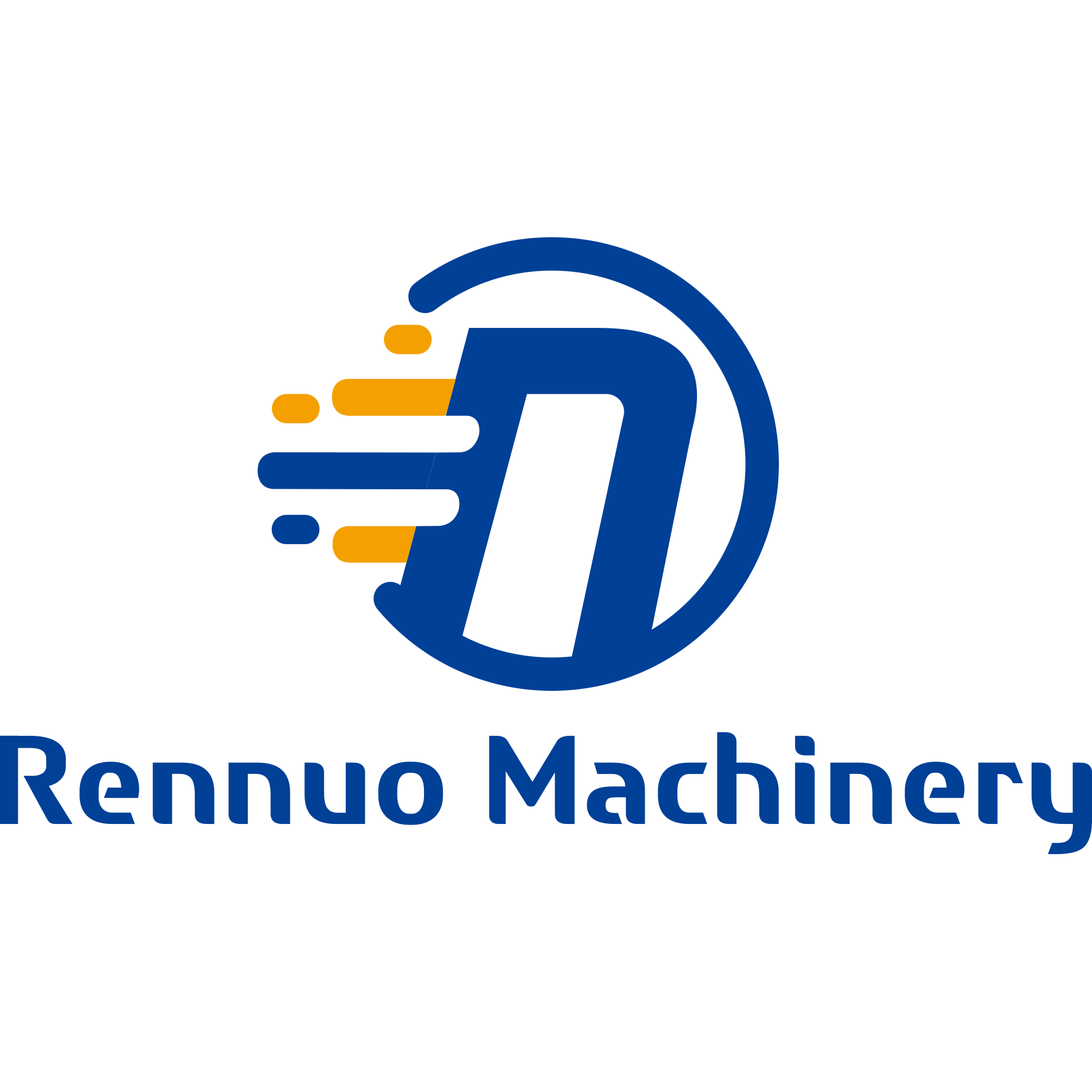The construction and mining industries heavily rely on excavators for efficient earthmoving and material handling. However, acquiring one—whether through purchase or rental—requires careful evaluation of costs, risks, and operational needs. This article explores the pros and cons of buying a used excavator versus renting one, helping businesses and individuals make informed decisions.
1. Buying a Used Excavator
Advantages
✅ Long-Term Cost Savings
- While the upfront cost is higher than renting, owning an excavator eliminates recurring rental fees, making it more economical for long-term projects.
- Well-maintained used machines can retain decent resale value.
✅ Full Control & Customization
- Owners can modify the equipment (e.g., adding GPS tracking or attachments) without restrictions.
- No dependency on rental availability or contract terms.
✅ Tax & Depreciation Benefits
- In many countries, equipment purchases qualify for tax deductions (e.g., Section 179 in the U.S.).
- Depreciation can be claimed as a business expense.
Disadvantages
❌ High Initial Investment
- Even used excavators require significant capital, especially for reputable brands (e.g., Caterpillar, Komatsu).
❌ Maintenance & Repair Costs
- Older machines may need frequent repairs (e.g., hydraulic leaks, engine issues).
- Spare parts for discontinued models can be expensive.
❌ Resale & Market Risks
Selling a used excavator may take time, especially in a slow market.
Depreciation varies based on brand, usage, and market demand.
2. Renting a Used Excavator
Advantages
✅ Lower Upfront Costs
- Ideal for short-term projects or businesses with limited capital.
- No long-term financial commitment.
✅ Flexibility & Access to Newer Models
- Renters can switch between different excavator sizes/types based on project needs.
- Some rental companies offer well-maintained late-model machines.
✅ Reduced Maintenance Responsibility
- Repairs and servicing are typically handled by the rental company.
- No storage or transport hassles when not in use.
Disadvantages
❌ Higher Long-Term Costs
- Frequent rentals over months/years may exceed the cost of buying.
- Late return or damage fees can add up.
❌ Limited Availability & Usage Restrictions
- High-demand periods may lead to limited machine availability.
- Rental contracts may restrict modifications or working hours.
❌ No Ownership Equity
- Payments contribute to rental profits rather than asset ownership.
3. Key Decision Factors
| Factor | Buying | Renting |
|---|---|---|
| Project Duration | Best for long-term use (>6-12 months) | Better for short-term needs |
| Budget | Higher initial cost, lower long-term expense | Lower upfront, but recurring payments |
| Maintenance | Owner’s responsibility | Usually covered by rental company |
| Flexibility | Fixed asset, less adaptable | Easy to switch models |
| Tax Benefits | Depreciation deductions | Rental expenses may be deductible |
4. Conclusion: Which Option is Right for You?
- Buy if:
- You need the machine for long-term projects (1+ years).
- Your business can handle maintenance and storage.
- You want asset ownership and potential resale value.
- Rent if:
- Your project is short-term or seasonal.
- You need flexibility to switch equipment.
- You prefer minimal maintenance and upfront costs.
Ultimately, the choice depends on financial capacity, project requirements, and risk tolerance. Inspecting used excavators thoroughly (for purchase) and comparing rental terms (for leasing) will ensure the best decision for your business.
Would you like additional insights on financing options or inspection checklists? Let us know in the comments! 🚜🔧
Welcome to contact us
https://www.global-usedexcavator.com
WA/Wechat +8618256582180

